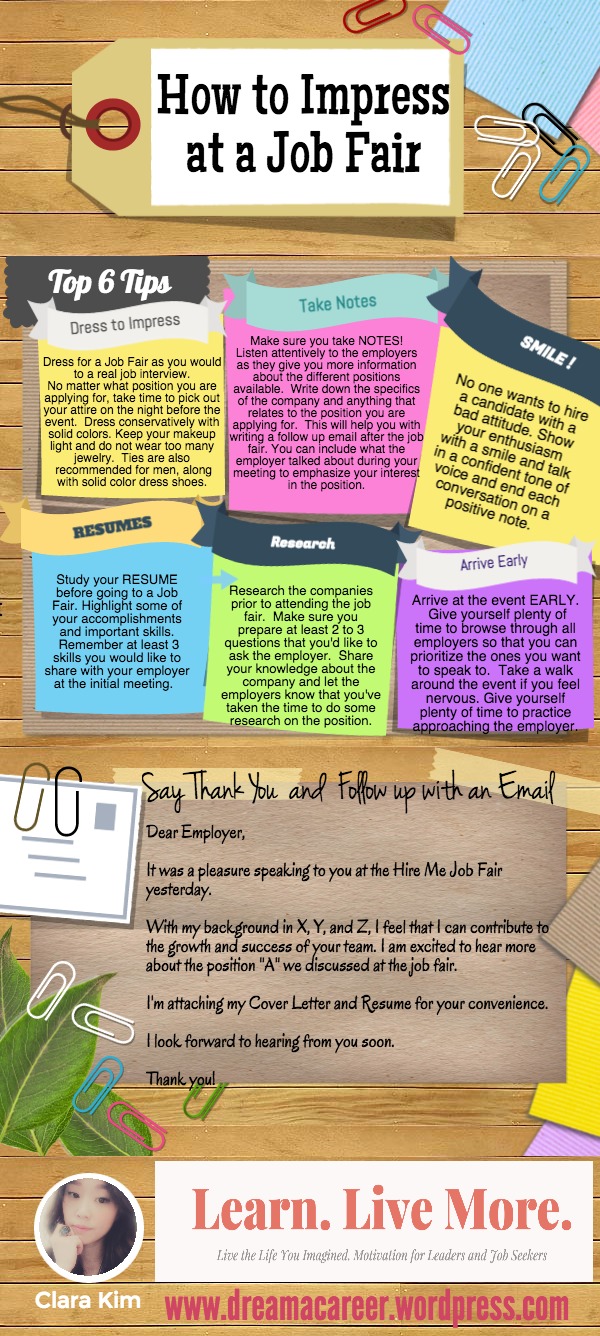
In my time as a young manager, I’ve quickly come to realize that one needs to become a grand master of organization to lead a team through change, to communicate your vision with clarity, and to put ideas into action.
In a time of Evernote, Google Calendar, Dropbox, and numerous other apps and platforms designed to help us better manage our time and to better organize our thoughts, why are people still struggling to keep tasks organized?
Because organization is a skill. And like many other skills that go hand in hand with organization, it takes time and practice.
Here are 3 basic ways you can start mastering your skill:
1. Understand that Not ALL Work Can Be Organized with Technology
No, I’m not insisting that you stick to a paper calendar. But creating your own organizer or planner does have its benefits, especially with work that requires you to be creative and flexible.
How: In a notepad of your choice, outline the week ahead. Use markers, post-its, stickers, and highlighters – anything that can help you keep track of your ideas for any upcoming projects.
Benefit: In the process of outlining your week, you will not only remind yourself of all the tasks that need to be worked on, but you will be able to better prioritize the ideas/tasks that need your immediate attention.
2. Find a Program or an App that Works Best for YOU
Because much of my correspondences take place online, and I spend a huge chunk of my time traveling from meetings to more meetings, I like to organize everything on my phone. I’ve learned that it is the best way for me to keep my tasks prioritized while also having a concise calendar of events at the tip of my fingers.
I am what one may call an “APP-LOVER”. Apps work for me, because I need a program that can help me organize my tasks without having constant access to a desktop.
How: Dedicate one whole screen to your calendar. Whatever platform you may use (outlook, google, yahoo, etc.), make sure you sync your calendar to the one you have on your phone. You can also opt to set up an alert, which will alert you to all tasks that need your attention prior to the due date.
Benefit: Minus the times you step away from your phone (I must admit it – this is very rare in my case) your calendar screen will help you remember the important deadlines and appointments.
3. De-Clutter, Make Space, and Learn to Let Go
Ever seen a coworker with files from a client who visited him 20 years ago, just in case the client revisits him? Or someone whose desktop screen looks like a Jackson Pollack painting?
At a certain point, we need to just let it go. Literally.
Much of our organization skills stem from our ability to make space to work that matters now and in the coming days. Change is inevitable on all levels of every organization.
How: Set up a recycling day. Dedicate at least a day to cleaning out clutter (including paperwork, decorations, broken equipment) to make room for the work that really matters and beckons your attention. If you MUST hold onto files from 20 years ago, create a DropBox or a Google Drive account, specifically dedicated to old files that you most likely will not need, except under extreme circumstances. And yes, ok – you never know. Extreme circumstances can occur. Maybe.
Benefit: You won’t be losing anything, just in case, and you will be happier knowing that these files are safely stored away while your desktop is clear and ready for fresh new tasks. By de-cluttering your office space, you will give yourself a daily visual of what organization should, essentially, look like. And for those that love to decorate, it will give you a chance to reinvent your workspace.
Hope this helps! And remember, as with all skills that can be mastered, practice and patience will be your greatest allies.
Happy Organizing !










You must be logged in to post a comment.